Include Protein

How much protein do I need for muscle recovery ?
Protein is vital for muscle recovery, especially after intense workouts. Sedentary adults need 0.8g/kg, while athletes require more. Timing and quality of protein intake matter. Tips include dietary variety, supplementation if needed, meal planning, and monitoring intake.

How can I ensure that I'm getting enough protein in my diet ?
Protein is crucial for muscle growth, hormone regulation, and immune support. To ensure you get enough, calculate your needs, choose quality sources like lean meats and legumes, include protein in every meal, snack smartly, read nutrition labels, and consider supplements if needed. Variety and quality are key.
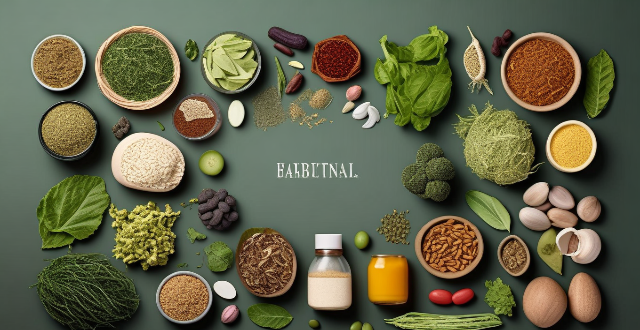
What role does protein play in a healthy diet ?
Protein is an essential nutrient that plays a crucial role in maintaining a healthy diet. It contributes to tissue growth and repair, enzyme and hormone production, immune system function, fluid balance, and energy provision. Consuming a variety of protein sources is important to ensure all necessary amino acids are obtained.
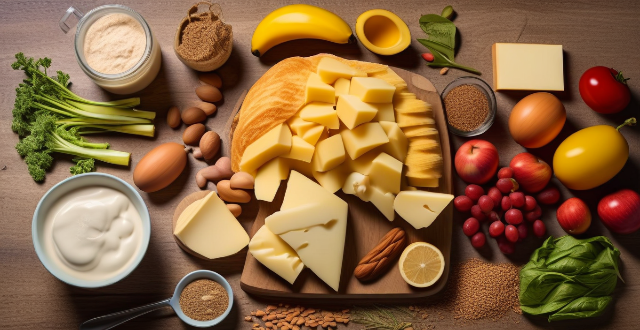
What are the best sources of lean protein for breakfast ?
Including lean protein in your breakfast can help you feel fuller for longer and reduce the likelihood of overeating later in the day. Some of the best sources of lean protein for breakfast include eggs, Greek yogurt, cottage cheese, tofu, nut butters, quinoa, turkey bacon, chia seeds, edamame, and roasted chickpeas. These foods are high in protein and other essential nutrients like calcium, fiber, and healthy fats. They can be prepared in various ways and combined with other ingredients to create a balanced and satisfying breakfast.

How do I balance protein and carbohydrates in my breakfast ?
Balancing protein and carbohydrates in your breakfast is essential for maintaining a healthy diet. Here are some tips on how to achieve this balance: 1. Choose a protein source (e.g. eggs, Greek yogurt, cottage cheese, tofu, nut butter). 2. Add complex carbohydrates (e.g. whole grain bread or toast, oatmeal, fruits, vegetables). 3. Incorporate healthy fats (e.g. avocado, nuts, seeds, olive oil). 4. Consider portion sizes and use measuring cups or a food scale if needed. 5. Plan ahead by prepping ingredients or preparing meals in advance. 6. Be mindful of added sugars and choose whole, unprocessed foods whenever possible.
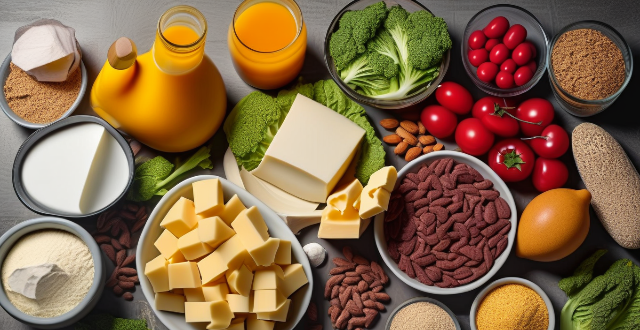
How can I make my breakfast more protein-packed ?
To make your breakfast more protein-packed, start with a high-protein base like eggs or Greek yogurt. Add nuts and seeds for extra protein and healthy fats. Incorporate legumes such as chickpeas or lentils into savory breakfast dishes. Don't forget dairy products like milk and cheese for added protein. Get creative with grains by combining them with other protein sources like overnight oats with Greek yogurt and nuts. By using these strategies, you can increase the protein content of your morning meals while keeping them interesting and satisfying.

Is it necessary to follow a high-protein diet for strength training
A high-protein diet can be beneficial for strength training, but it is not absolutely necessary as long as enough protein is consumed to support muscle growth and repair. Reasons for a high-protein diet include muscle repair and growth, increased metabolism, satiety, and improved recovery. However, the amount of protein needed varies based on individual factors, and general guidelines for intake during strength training are 0.8-1.2 grams per kilogram of body weight, with a source of protein consumed within 30-60 minutes after a workout. High-quality sources of protein should also be chosen.

What is a good marathon diet plan ?
A good marathon diet plan should provide the necessary nutrients and energy to support an athlete's training and performance during a marathon. It should include a high-carbohydrate diet, protein needs, and healthy fats. A high-carbohydrate diet should provide around 60-70% of total daily calories from carbohydrates, while protein needs should provide around 10-20% of total daily calories. Healthy fats should make up around 20-35% of total daily calories. Good sources of carbohydrates include whole grains, fruits, vegetables, legumes, and low-fat dairy products. Good sources of protein include lean meats, poultry, fish, eggs, nuts, seeds, and plant-based proteins like tofu and tempeh. Good sources of healthy fats include olive oil, avocados, nuts, seeds, fatty fish (such as salmon), and dark chocolate.

What are some simple and quick meal ideas for busy weeknights ?
When time is limited, it's essential to have a few go-to meal ideas that are both quick and easy to prepare. Here are some simple and delicious options for busy weeknights: Stir-Fry: A stir-fry is a versatile and customizable option that comes together quickly. Ingredients include protein of choice (chicken, beef, tofu, shrimp), mixed vegetables (bell peppers, broccoli, carrots, onions), and stir-fry sauce or seasonings (soy sauce, garlic, ginger). Pasta with Pesto or Marinara: Pasta dishes are classic fast options that don't require much effort. Ingredients include pasta of choice, premade pesto or marinara sauce, and optional add-ins (grilled chicken, cherry tomatoes, spinach). Quinoa Bowl: Quinoa bowls are a healthy and filling meal that can be customized with various toppings. Ingredients include quinoa, vegetables (roasted sweet potatoes, avocado, roasted Brussels sprouts), protein (chickpeas, grilled chicken, hard-boiled eggs), and dressing (lemon vinaigrette, tahini sauce). Sheet Pan Dinner: Sheet pan dinners are an all-in-one meal that requires minimal cleanup. Ingredients include protein (chicken thighs, salmon fillets), root vegetables (potatoes, carrots, parsnips), and seasonings (olive oil, salt, pepper, herbs). Sandwiches or Wraps: Sandwiches and wraps are portable and can be made ahead for lunches or quick dinners. Ingredients include bread or wraps, protein (deli meat, tuna salad, hummus), vegetables (lettuce, tomato, cucumber, onion), and condiments (mayonnaise, mustard, pesto).
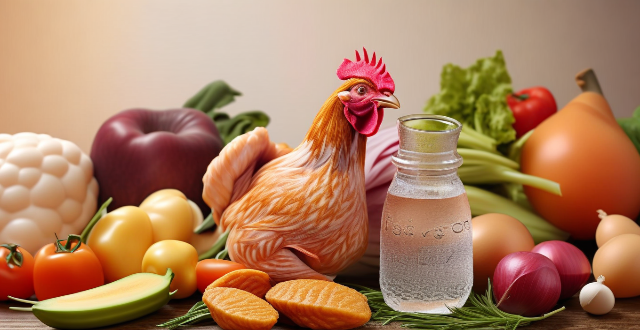
What should I eat after a workout to build muscle
After a workout, it is important to provide the body with nutrients for muscle repair and growth. Protein-rich foods like chicken breast and Greek yogurt are essential for muscle growth. Complex carbohydrates like sweet potatoes provide sustained energy. Healthy fats from sources such as avocados and nuts help absorb vitamins. Staying hydrated with water is crucial for muscle function. A balanced diet with fruits, vegetables, and fiber supports long-term muscle health.

What are the best foods to eat after a strenuous exercise session
After a strenuous exercise session, your body needs energy to recover and repair itself. Carbs are the best source of energy for your muscles and help replenish glycogen stores. Good sources of carbohydrates include whole grains, fruits, and vegetables. Protein is essential for muscle growth and repair after a workout. It helps rebuild damaged muscle tissue and increase strength and endurance. Good sources of protein include lean meats, fish, eggs, and plant-based proteins like beans and lentils. Water is important to stay hydrated and aid in recovery. Drinking water also helps flush out toxins from your body and prevent cramping. Exercise can cause electrolyte imbalances, which can lead to fatigue and cramping. Consuming foods rich in electrolytes like potassium, sodium, and magnesium can help restore balance and improve performance during recovery. Healthy fats are an important part of a balanced diet, especially after a workout. They provide energy for your body and help with hormone production and inflammation regulation. Vitamins and minerals are depleted during exercise, so it's important to consume foods that are rich in these nutrients during recovery.
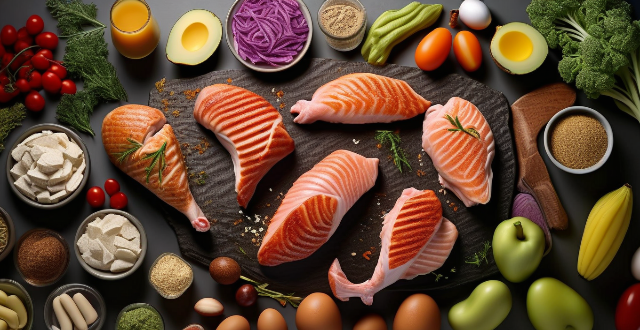
What are some good sources of protein for a fitness meal plan ?
Including protein-rich foods like chicken breast, salmon, eggs, Greek yogurt, and quinoa in a fitness meal plan can support muscle building and fat loss goals.
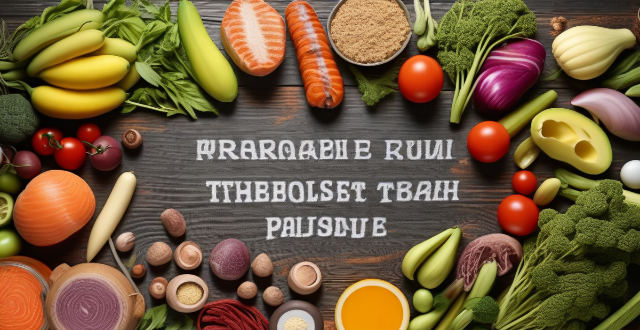
What are the best foods to include in a fitness meal plan ?
When creating a fitness meal plan, it's important to choose foods that will help you reach your fitness goals. Here are some of the best foods to include: protein-rich foods like lean meats, fish, eggs, legumes, dairy products, and plant-based protein sources; whole grains like brown rice, quinoa, oats, whole wheat bread and pasta, barley, millet, and rye; fruits and vegetables like leafy greens, berries, stone fruits, cruciferous vegetables, and squash; healthy fats like nuts, seeds, avocado, olives and olive oil, coconut and coconut oil; and hydrating foods like cucumbers, celery, bell peppers, zucchini, tomatoes, and watermelon. Incorporating these nutrient-dense foods into your fitness meal plan will help you fuel your workouts, support muscle recovery, and achieve your fitness goals.

What kind of diet is recommended for women who want to lose weight through exercise ?
Recommended diet for women who want to lose weight through exercise includes lean protein, complex carbohydrates, healthy fats, and plenty of water. It's important to eat a light meal or snack before workouts and refuel with protein and carbohydrates after exercising. Portion control and avoiding empty calories are also crucial for weight loss success.
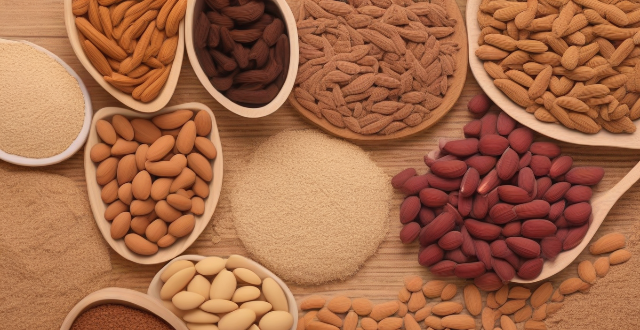
What are some low-calorie protein sources that are also high in fiber ?
Low-calorie protein sources that are also high in fiber include lentils, chickpeas, quinoa, edamame, almonds, chia seeds, black beans, artichokes, and peas. Incorporating these foods into your diet can help you achieve your weight loss goals while providing your body with the nutrients it needs to function properly.
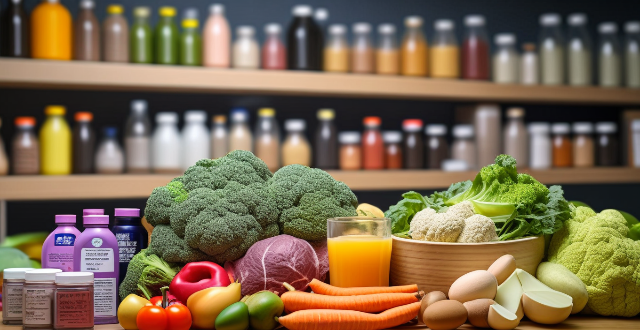
What role does timing play in consuming nutrients around workouts ?
Timing is crucial for nutrient intake around workouts to maximize benefits and improve health. Pre-workout meals should include carbs, protein, and healthy fats, while staying hydrated is essential. During long workouts, snacks and sports drinks can maintain energy and prevent dehydration. Post-workout recovery focuses on replenishing glycogen stores with carbs, supporting muscle repair with protein, and rehydrating. Proper timing of meals and snacks before, during, and after exercise optimizes workout benefits and overall fitness.

What are the best foods to eat before and after a workout ?
Eating the right foods before and after a workout can significantly impact your performance and recovery. Before exercising, opt for easily digestible carbohydrates like whole grain bread or bananas for energy, and include some protein such as Greek yogurt to prevent muscle breakdown. After your workout, focus on replenishing lost nutrients with proteins from lean meats or eggs, and carbohydrates from quinoa or fruits to aid recovery. Hydration is key both before and after exercise; water and coconut water are great choices for maintaining fluid balance. Avoid heavy, fatty, or spicy foods before working out, and steer clear of alcohol and processed foods post-workout.

What are some healthy lunch box ideas for kids ?
Here are some healthy lunch box ideas for kids: - Whole Grain Sandwiches: Whole grain bread or wraps provide complex carbohydrates and fiber. Fillings like lean turkey, chicken, or hummus offer protein and flavor. Add sliced veggies like cucumbers, tomatoes, and bell peppers for extra nutrients. - Fruit and Veggie Platters: Cut up a variety of fruits and vegetables such as apples, grapes, carrots, and cherry tomatoes. Include a low-fat dip like yogurt or hummus for added fun and taste. - Yogurt Parfaits: Layer plain Greek yogurt with granola and fresh berries for a delicious treat. This combination provides calcium, protein, and antioxidants. - Quinoa Salad: Cooked quinoa mixed with roasted veggies, chickpeas, and a simple vinaigrette. This salad offers plant-based protein and essential vitamins and minerals. - Homemade Pizza Rolls: Use whole wheat tortillas as the base and top with tomato sauce, cheese, and veggies. Bake until crispy for a fun twist on traditional pizza. - Egg Muffins: Whip up mini egg muffins using eggs, spinach, cheese, and diced tomatoes. These muffins are high in protein and easy to grab on the go. - Healthy Snacks: Pack individual servings of nuts, seeds, or dried fruit for an energy boost. Choose options that are low in sugar and sodium.
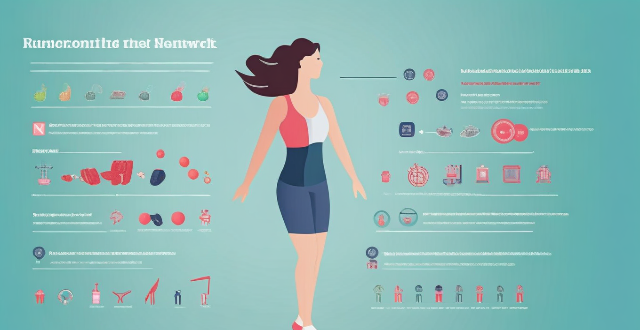
What role does nutrition play in sports injury recovery ?
Nutrition plays a crucial role in sports injury recovery by providing the body with essential nutrients for tissue repair and growth. Protein, vitamins, minerals, and fluids are all important for healing, and proper nutrition can help speed up the process. In addition to nutrition, other factors such as rest, stress management, and physical therapy also play a role in sports injury recovery.

Are there any specific dietary recommendations for endurance athletes
Dietary recommendations for endurance athletes include consuming a higher intake of complex carbohydrates, adequate protein for muscle repair and recovery, healthy fats for energy, proper hydration, meeting increased needs for micronutrients, timing meals and snacks for optimal performance, and individualizing dietary needs based on personal factors.

What is the ideal meal timing for optimal sports performance
The ideal meal timing for optimal sports performance is crucial for athletes to maximize their potential. Proper nutrition can help improve endurance, strength, and overall performance during physical activities. Key points to consider when planning meals include eating a pre-workout meal containing carbohydrates, protein, and healthy fats 2-3 hours before exercise; staying hydrated throughout the day; consuming simple carbohydrates during longer workouts; eating a post-workout meal rich in protein and carbohydrates within 30 minutes after exercising; and avoiding eating too close to workout time. By following these guidelines, athletes can ensure they have the necessary fuel for their bodies to perform at their best.
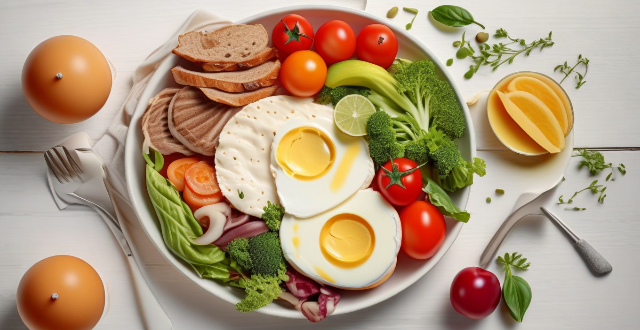
What are the best foods to eat before a workout
The best foods to eat before a workout are those that provide sustained energy and help you feel full without being too heavy. Some options include whole-grain toast with almond butter and banana slices, Greek yogurt with berries and nuts, quinoa bowl with veggies and chicken, oatmeal with fruit and nuts, and protein bar or shake. It's important to avoid foods that are high in fat or fiber before exercising, as they can cause discomfort or slow down digestion. Staying hydrated by drinking plenty of water before, during, and after your workout is also crucial.
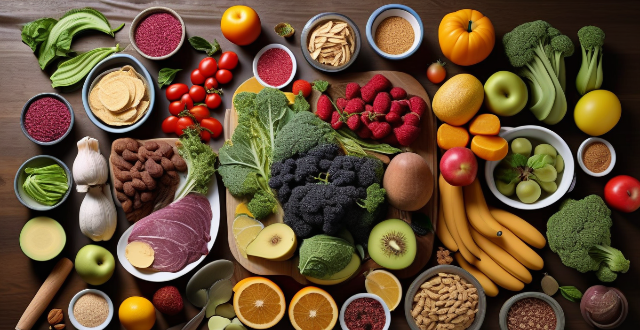
How can I make sure my breakfast is providing enough vitamins and minerals ?
Ensuring your breakfast is packed with essential vitamins and minerals requires incorporating a variety of foods, including whole grains, fruits, vegetables, and proteins. Opt for fortified foods like cereals and plant milks to boost nutritional value. Include a protein source, whether animal or plant-based, and consider what you drink, such as juices and milk. If needed, supplementation can help fill nutrient gaps under professional guidance. Planning ahead through meal prep and weekly menu planning can also ensure a balanced breakfast.
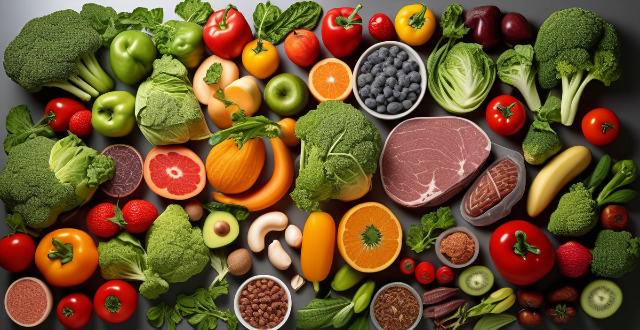
What is the ideal meal plan for an athlete's daily routine ?
An athlete's meal plan should include a variety of complex carbohydrates, lean proteins, healthy fats, and fruits & vegetables to support their training goals, optimize performance, and aid in recovery. The ideal meal plan includes breakfast with sustained energy sources like whole grains and fruits; snacks such as trail mix or protein shakes to keep energy levels steady; lunch focusing on lean proteins and leafy greens for muscle repair and nutrient replenishment; afternoon snacks like Greek yogurt or fruit smoothies to avoid energy crashes; dinner emphasizing lean proteins and complex carbs for muscle recovery and glycogen replenishment; and a pre-bed snack with slow-digesting protein and natural sleep aids like cherries or chamomile tea.
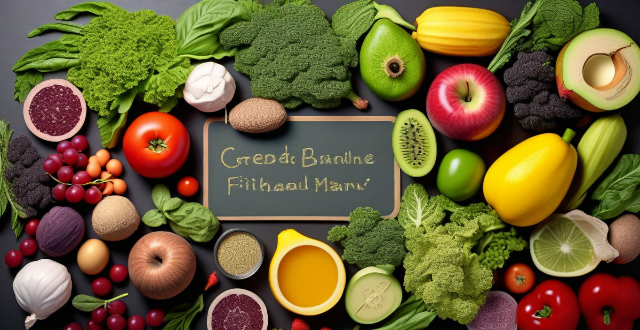
How can I create a balanced fitness meal plan ?
To create a balanced fitness meal plan, start by determining your caloric needs and focus on nutrient-dense foods. Include lean protein, whole grains, fruits, vegetables, and healthy fats in your meals. Balance your macronutrients (carbs, protein, and fats) and plan your meals and snacks ahead of time to ensure you're getting the right balance of nutrients throughout the day. Stay hydrated and be mindful of portion sizes to support your health and fitness goals.
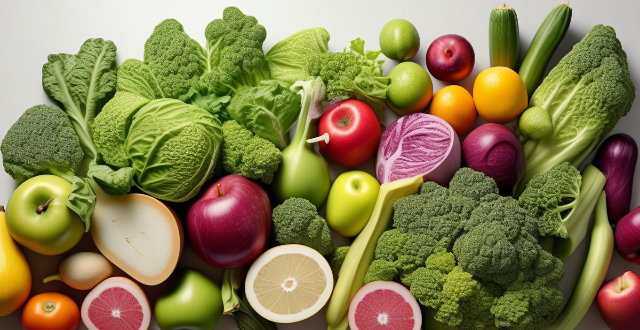
How can I improve my athletic performance through diet
Improving athletic performance through diet involves eating a balanced diet, increasing protein intake, consuming plenty of fruits and vegetables, drinking enough water, avoiding processed foods, eating before training or competition, and considering supplements. A balanced diet includes carbohydrates, proteins, and healthy fats in the right proportions. Protein is essential for building muscle and repairing damaged tissues, while fruits and vegetables are rich in vitamins, minerals, and fiber. Drinking enough water is crucial for staying hydrated during exercise. Avoiding processed foods can prevent harm to your performance and health. Eating before training or competition can provide energy and prevent fatigue. Supplements such as whey protein powder, amino acids, and BCAAs can improve performance but should be taken under the guidance of a nutritionist or doctor.
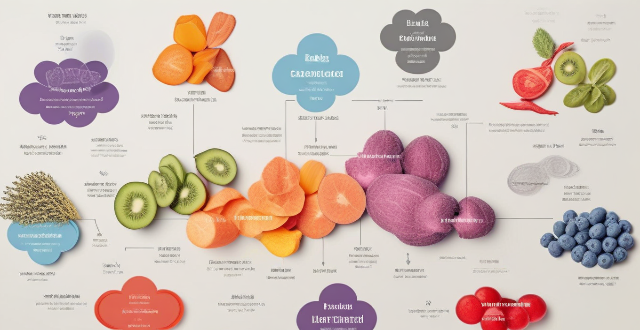
What kind of foods should I eat to aid in muscle recovery
Eating a balanced diet that includes carbohydrates, protein, healthy fats, water, and vitamins and minerals is essential for muscle recovery after exercise. Complex carbohydrates provide energy for muscles during recovery, while protein helps repair and grow them. Healthy fats support overall health and reduce inflammation. Drinking enough water flushes out toxins and maintains a healthy fluid balance in the muscles. Vitamins and minerals, such as vitamin C, vitamin D, and iron, are also important for muscle function and recovery.
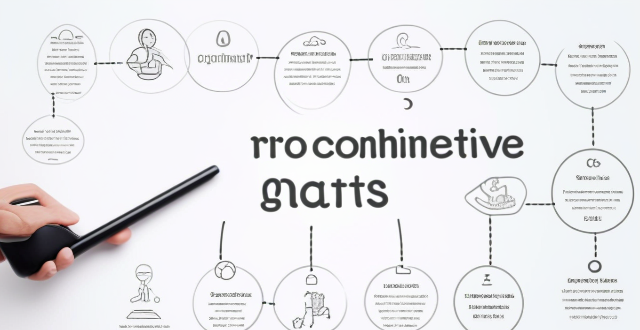
How should I incorporate sports nutrition supplements into my daily routine for optimal results ?
The text provides a comprehensive guide on how to incorporate sports nutrition supplements into your daily routine for optimal results. It starts with understanding the basics of sports nutrition and assessing individual goals and needs. It then discusses different types of supplements, their timing of intake, and how to incorporate them into various parts of the day. The text emphasizes the importance of monitoring and adjusting supplement use based on personal experiences and advises consulting with a professional for personalized advice.
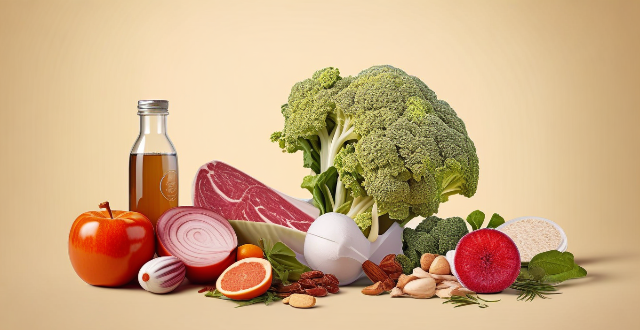
What kind of carbohydrates should I include in my fitness meal plan ?
In fitness meal planning, carbohydrates are crucial for energy during workouts and muscle recovery. Complex carbs like whole grains and legumes provide sustained energy and nutrients. Simple carbs should be limited to avoid spikes in blood sugar. Timing is key; consume complex carbs before workouts and a mix of protein and carbs afterward. Portion control is essential, with a general guideline of 45-65% daily calories from carbs. Personalized advice can be sought from a dietitian.

What are the best post-workout recovery techniques
The text discusses the importance of post-workout recovery for achieving optimal physical performance and preventing injuries. The author recommends several techniques including stretching, hydration, protein intake, foam rolling, massage therapy, active recovery, and sleep. Stretching improves flexibility and reduces muscle soreness, while hydration replaces lost fluids during exercise. Protein intake helps repair and rebuild muscles, foam rolling relieves muscle tension, massage therapy reduces inflammation, active recovery promotes circulation, and sleep allows the body to repair and rebuild itself. Incorporating these techniques into a routine can help improve performance and prevent injuries.